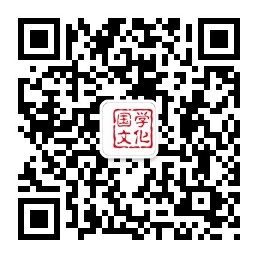
1. 词源:bioenergie是由生物(biology)和能量(energy)两个词组合而成,表示生物转化能量的过程。
2. 定义:bioenergie是指生物体通过代谢所产生的能量,也可以指将生物质转换成可再生能源的过程。
3. 应用:bioenergie在环境保护和能源开发方面具有重要作用,可以替代传统燃料,减少碳排放。
4. 相关的领域:bioenergie与生物学、化学、环境科学、能源工程等领域有密切联系。
例句:
1. Bioenergie产生的能量比起传统的燃料更加环保。
Bioenergie produces energy that is more environmentally friendly than traditional fuels.
2. 这家公司专门从生物质中提取能源,主要从事bioenergie生产领域。
This company specializes in extracting energy from biom and is mainly engaged in the bioenergie production field.
3. 生物科学家正在探索如何利用bioenergie生产清洁能源。
Biologists are exploring how to use bioenergie to produce clean energy.
4. 许多国家已经开始利用bioenergie作为可再生能源的主要来源。
Many countries have started using bioenergie as their primary source of renewable energy.
5. 现代生物学技术为bioenergie的开发和利用提供了更广阔的发展空间。
Modern biological technology provides broader development space for the development and utilization of bioenergie.
中文翻译:生物能
读音:bìo néng
例句:
1. 生物能是指以生物质作为原材料生产的能量。
2. 生物能是一种可再生能源,对于环保意义重大。
Translation:
Chinese translation: Bioenergy
Pronunciation: bìo néng
Example sentences:
1. Bioenergy refers to the energy produced from biom as raw material.
2. Bioenergy is a renewable energy source and has significant environmental significance.

